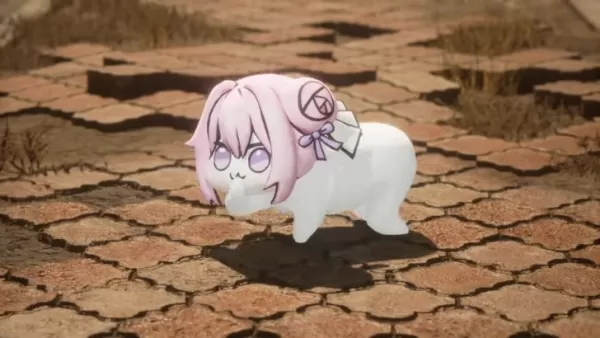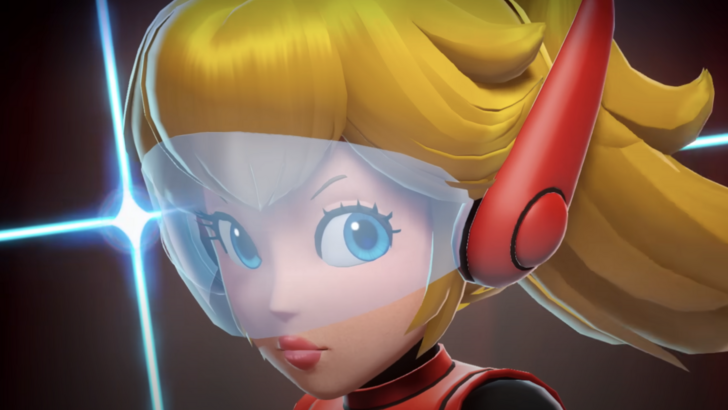 While the gaming industry actively explores generative AI's potential, Nintendo maintains a cautious stance. Concerns about intellectual property rights and their commitment to unique game design drive this decision.
While the gaming industry actively explores generative AI's potential, Nintendo maintains a cautious stance. Concerns about intellectual property rights and their commitment to unique game design drive this decision.
Nintendo President's Stance on Generative AI
IP Rights and Copyright Concerns Take Center Stage
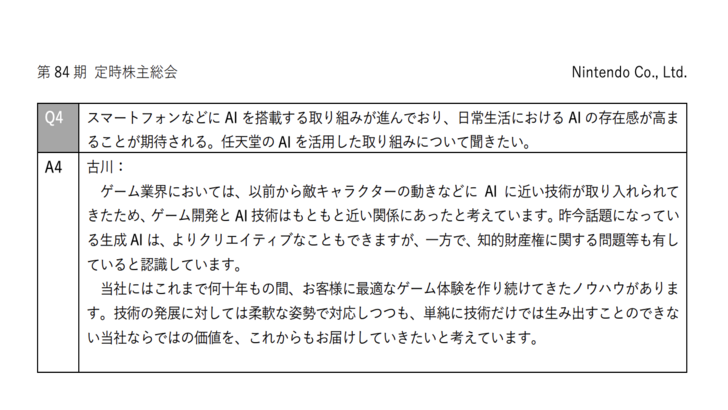 image (c) NintendoIn a recent investor Q&A, Nintendo President Shuntaro Furukawa confirmed the company's current lack of plans to integrate generative AI into its games. The primary reason cited is concern over intellectual property rights. Furukawa discussed the relationship between AI and game development, acknowledging AI's long-standing role, particularly in NPC behavior control. However, he distinguished between traditional AI and the newer generative AI, capable of creating original content like text, images, and video.
image (c) NintendoIn a recent investor Q&A, Nintendo President Shuntaro Furukawa confirmed the company's current lack of plans to integrate generative AI into its games. The primary reason cited is concern over intellectual property rights. Furukawa discussed the relationship between AI and game development, acknowledging AI's long-standing role, particularly in NPC behavior control. However, he distinguished between traditional AI and the newer generative AI, capable of creating original content like text, images, and video.
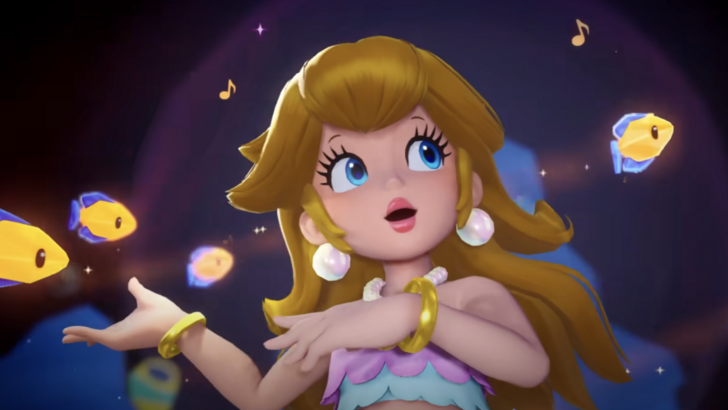 Generative AI's rising prominence across various industries is undeniable. Furukawa stated, "In game development, AI-like technologies have long been used to control enemy character movements, so game development and AI have gone hand-in-hand even before." Despite recognizing generative AI's creative possibilities, he highlighted the significant IP challenges, stating, "It is possible to produce more creative outputs using generative AI, but we are also aware that problems can arise with intellectual property rights," referencing the potential for copyright infringement.
Generative AI's rising prominence across various industries is undeniable. Furukawa stated, "In game development, AI-like technologies have long been used to control enemy character movements, so game development and AI have gone hand-in-hand even before." Despite recognizing generative AI's creative possibilities, he highlighted the significant IP challenges, stating, "It is possible to produce more creative outputs using generative AI, but we are also aware that problems can arise with intellectual property rights," referencing the potential for copyright infringement.
Maintaining Nintendo's Unique Identity
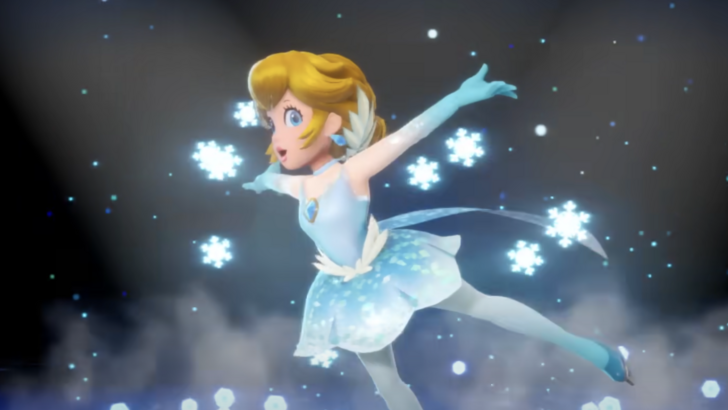 Furukawa emphasized Nintendo's decades-long dedication to crafting unique gaming experiences, built on extensive expertise. He asserted, "We have decades of expertise in creating optimal game experiences for our customers. While we are flexible in responding to technological developments, we hope to continue to deliver value that is unique to us and cannot be created through technology alone."
Furukawa emphasized Nintendo's decades-long dedication to crafting unique gaming experiences, built on extensive expertise. He asserted, "We have decades of expertise in creating optimal game experiences for our customers. While we are flexible in responding to technological developments, we hope to continue to deliver value that is unique to us and cannot be created through technology alone."
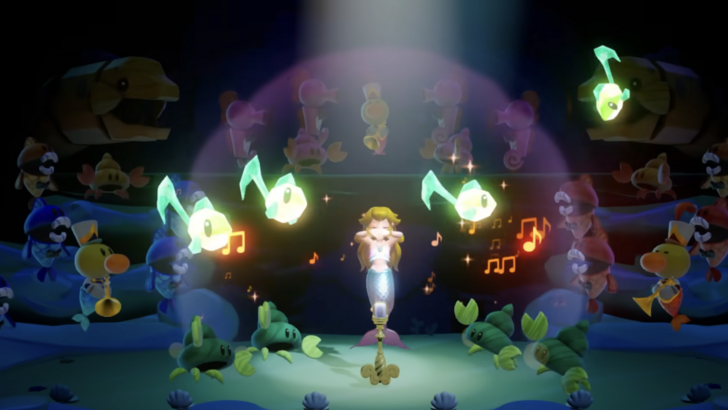 This stance contrasts with other industry leaders. Ubisoft's Project Neural Nexus, for example, utilizes generative AI for NPC interactions, but its producer, Xavier Manzanares, clarified that it's a tool, not a game creator. Square Enix's President, Takashi Kiryu, views generative AI as a business opportunity, and EA's CEO, Andrew Wilson, predicts widespread AI integration within EA's development processes.
This stance contrasts with other industry leaders. Ubisoft's Project Neural Nexus, for example, utilizes generative AI for NPC interactions, but its producer, Xavier Manzanares, clarified that it's a tool, not a game creator. Square Enix's President, Takashi Kiryu, views generative AI as a business opportunity, and EA's CEO, Andrew Wilson, predicts widespread AI integration within EA's development processes.



